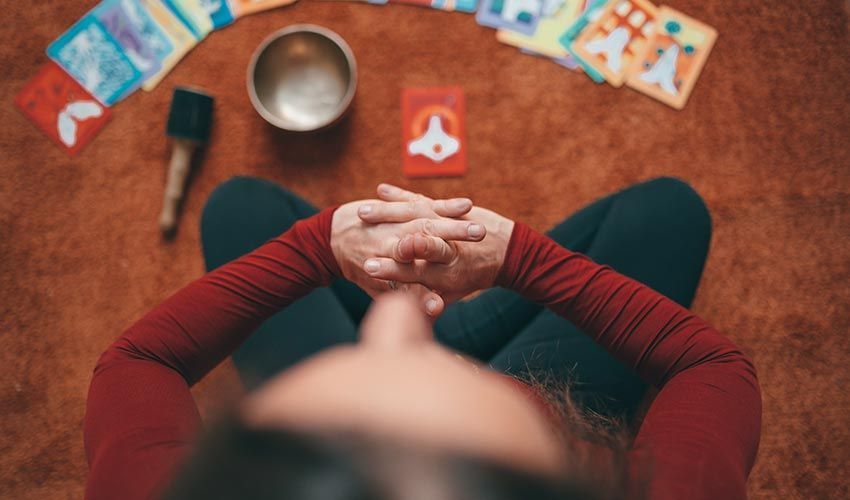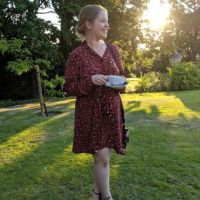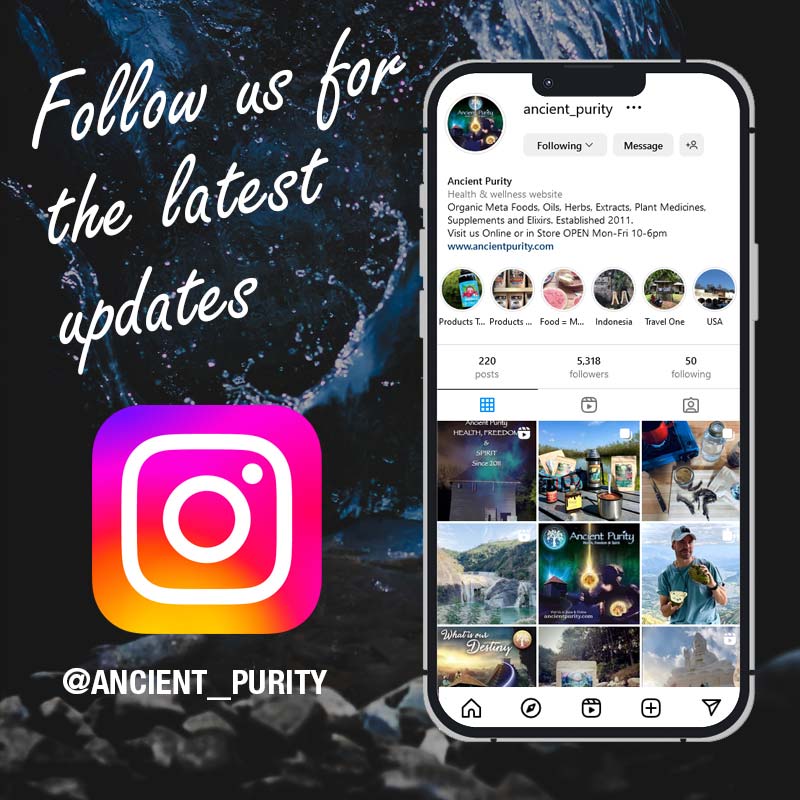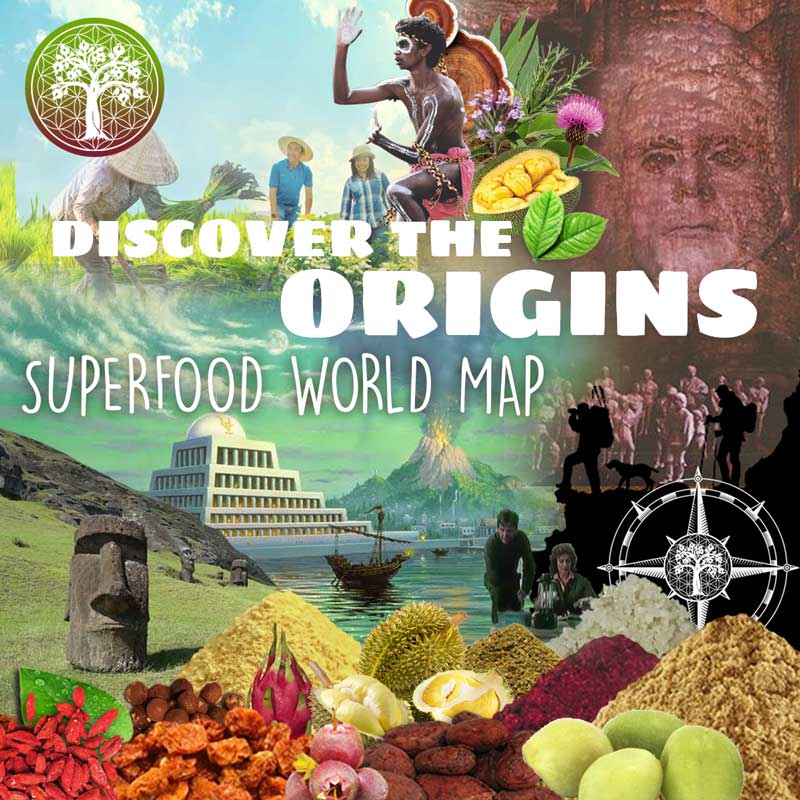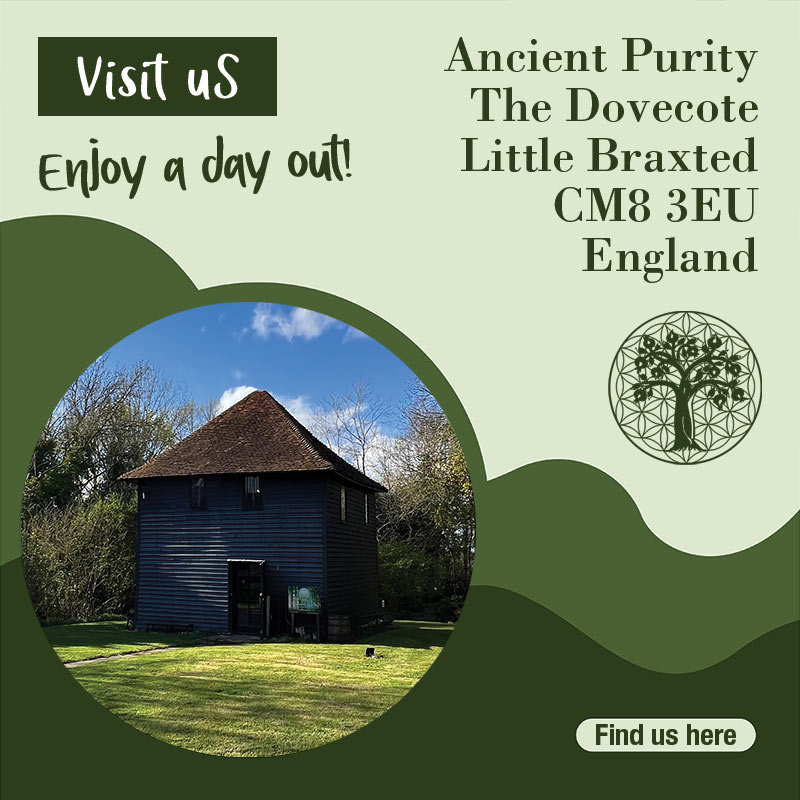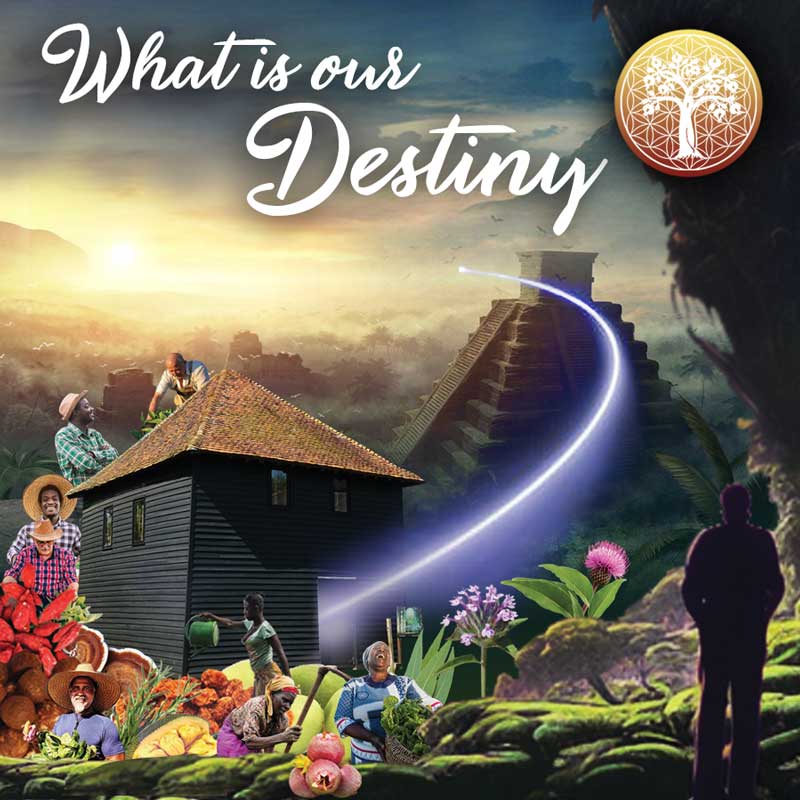A Journey in 2024 with Oracle & Tarot Cards
We are currently in a world driven by technology and science at the forefront, yet the allure of mysticism and the unknown continues to captivate many. Oracle and Tarot cards, ancient divination tools with roots in various cultures, have persisted through the ages as instruments for gaining insight, guidance, and self-discovery. Much like ancient keys unlocking hidden chambers, these decks invite us to embark on a journey of introspection, empowerment, and connection with the mystical forces that weave through our lives. While some may dismiss them as mere superstition, others find profound meaning and value in their use, myself being one. In this article we will explore the uses and purposes of Oracle and Tarot cards and delve into the rich history that surrounds these mystical practices. I will also share with you a few of my own recommendations on both Oracle and Tarot cards that I have had experience with.
I first came to Oracle and Tarot cards around age 19 when being gifted them for my birthday. I was fascinated with how the messages on the cards related to my questions and was blown away by the insight and wisdom provided and the gentle reminders to relax, let go, surrender and even to have courage to pursue certain endeavours. We can all perceive messages in different ways but I think that’s what is so diverse and extraordinary about these divination methods, is that they really are for everyone, for everything. And you can personalise your decks as in, if you’re interested in Astrology, there are specific decks targeted at that subject, or if you’re interested in Angels, again there are Angel Oracle decks you can use. And if you’re not sure about Tarot decks specifically, or just starting out there are Tarot decks that are a little easier to understand yet still follow their general standardised structure they are so known for. There really are Oracle and Tarot cards to suit everyone and the beauty of them is that you don’t need to follow a rigid structure on selection or when to use them, it really is all up to the individual. So let’s journey together through the wonderful world of Oracle and Tarot.
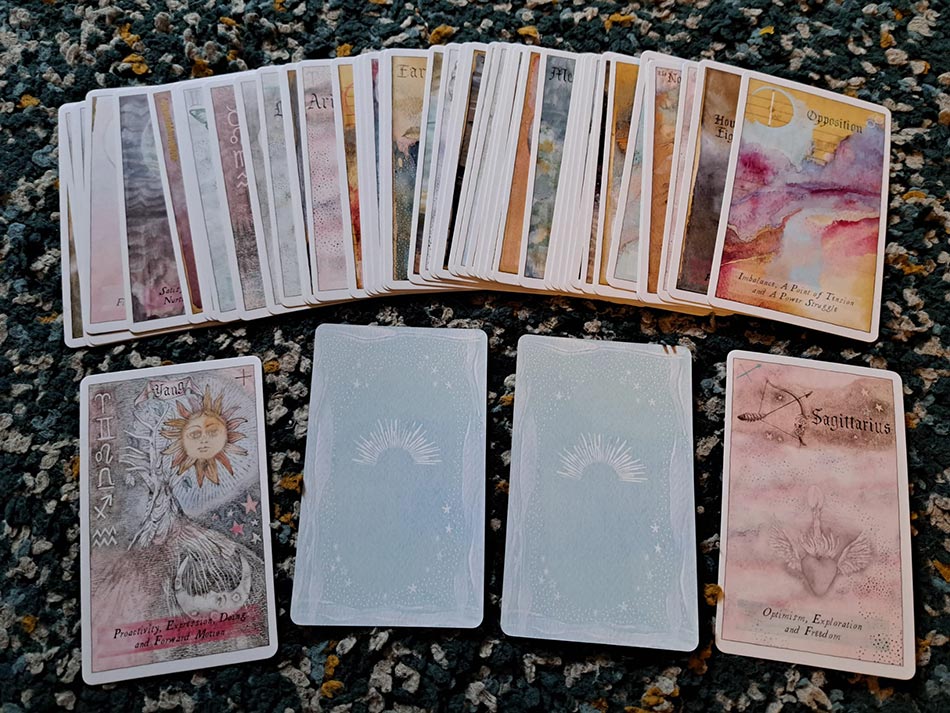
The Origins & History
Oracle and Tarot cards have a long and diverse history, spanning across different cultures and civilisations. The Tarot, with its origins in medieval Europe, was initially designed as a playing card game. Over time, it evolved into a powerful tool for divination, featuring a deck of 78 cards with symbolic imagery.
Oracle cards, on the other hand, have a broader and more diverse history, with roots in ancient China, Egypt, and Greece. Unlike the standardised Tarot deck, Oracle cards come in various forms and themes, allowing for greater flexibility and personalisation.
Uses of Oracle & Tarot Cards
Divination & Prediction:
One of the primary uses of Oracle and Tarot cards is divination – the practice of seeking insights or predictions about the future. Each card carries a unique meaning and symbolism that can be interpreted to provide guidance on various aspects of life, including relationships, career, and personal growth.
Self-Reflection & Personal Growth:
Many individuals use Oracle and Tarot cards as tools for self-reflection and personal development. The process of drawing and interpreting cards can prompt deep introspection, helping individuals gain clarity on their emotions, goals, and challenges.
Spiritual Connection:
For those on a spiritual journey, Oracle and Tarot cards can serve as a means of connecting with higher consciousness or divine energies. The symbolism and archetypes within the cards are often aligned with spiritual teachings, providing a channel for individuals to explore their spiritual path.
Problem-Solving & Decision-Making:
Some people turn to Oracle and Tarot cards when faced with difficult decisions or challenges. The cards can offer alternative perspectives, helping individuals consider factors they may not have initially recognised. This process can aid in making informed and intuitive decisions.
Creativity & Inspiration:
Artists, writers, and creatives often use Oracle and Tarot cards as sources of inspiration. The vivid imagery and symbolism can stimulate creativity and offer fresh perspectives, breaking through mental blocks and encouraging innovative thinking.

Purpose of Oracle & Tarot Cards
Symbolic Language:
Oracle and Tarot cards communicate through a symbolic language that transcends linguistic and cultural barriers. The images on the cards tap into the collective unconscious, offering a universal means of expression and understanding.
Intuition & Insight:
The act of drawing and interpreting cards relies heavily on intuition. Oracle and Tarot cards encourage individuals to trust their instincts and tap into their inner wisdom, fostering a deeper connection with their own intuitive abilities.
Empowerment & Self-Awareness:
Using Oracle and Tarot cards empowers individuals to take an active role in their personal growth and decision-making. By reflecting on the cards and their meanings, individuals can cultivate a greater sense of self-awareness and empowerment.
Oracle and Tarot cards, with their rich history and diverse applications, continue to be relevant tools for those seeking guidance, insight, and spiritual connection. Whether used for divination, personal growth, or creative inspiration, these cards provide a unique and powerful means of exploring the mysteries of the self and the universe. As with any practice, the value of Oracle and Tarot cards lies in the personal meaning individuals find within them, making them timeless tools for those on a journey of self-discovery. Oracle and Tarot decks, like portals to the ethereal, encourage us to embrace the unknown, to trust the unseen, and to recognise the interconnectedness of all things.
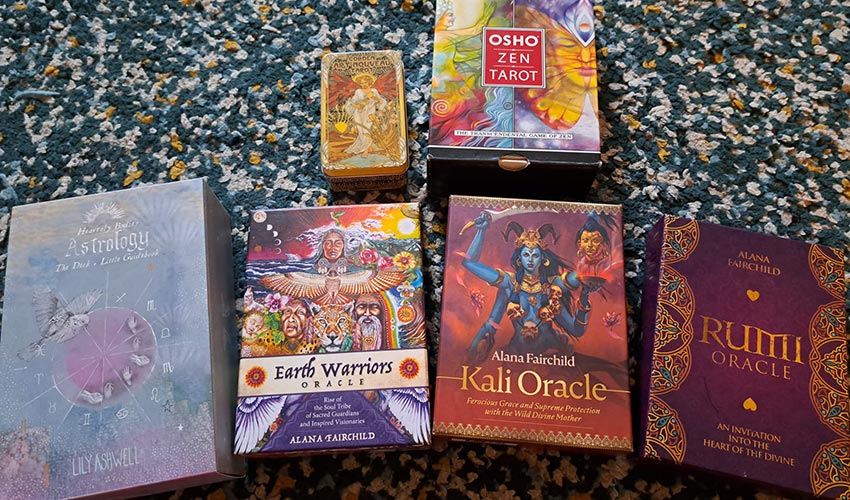
The Difference Between Oracle & Tarot Cards
As we’ve seen, Oracle cards and Tarot cards are both tools used for divination, providing insights and guidance through symbolic imagery. However, there are several key differences between the two:
Structure & Number of Cards:
Tarot Cards: A standard Tarot deck consists of 78 cards, divided into the Major Arcana (22 cards) and the Minor Arcana (56 cards). The Minor Arcana is further divided into four suits (Wands, Cups, Swords, and Pentacles), each with cards numbered from Ace to 10 and four additional court cards (Page, Knight, Queen, King).
Oracle Cards: Oracle decks vary widely in terms of structure. They can have any number of cards, often ranging from 40 to 60 or more. Unlike Tarot, there is no standardised structure for Oracle decks, allowing for greater flexibility in design and themes.
Themes & Imagery:
Tarot Cards: The imagery on Tarot cards follows a specific set of archetypes and symbols. Each card in the Major and Minor Arcana has a traditional meaning, and the cards often depict scenes and characters that relate to these meanings.
Oracle Cards: Oracle decks can cover a broad range of themes, and the imagery is not bound by traditional Tarot symbolism. Themes can include angels, animals, fairies, chakras, or virtually anything else. This flexibility allows creators to design decks that resonate with specific interests or spiritual practices.
Purpose & Interpretation:
Tarot Cards: Tarot cards are often used for detailed readings that explore various aspects of life, including past, present, and future. The structured nature of the Tarot deck, with its suits and arcana, allows for complex interpretations and insights into different aspects of a question or situation.
Oracle Cards: Oracle cards are generally considered more freeform and open to interpretation. They are often used for single-card pulls or simple spreads, providing concise and direct answers to specific questions or offering intuitive insights.
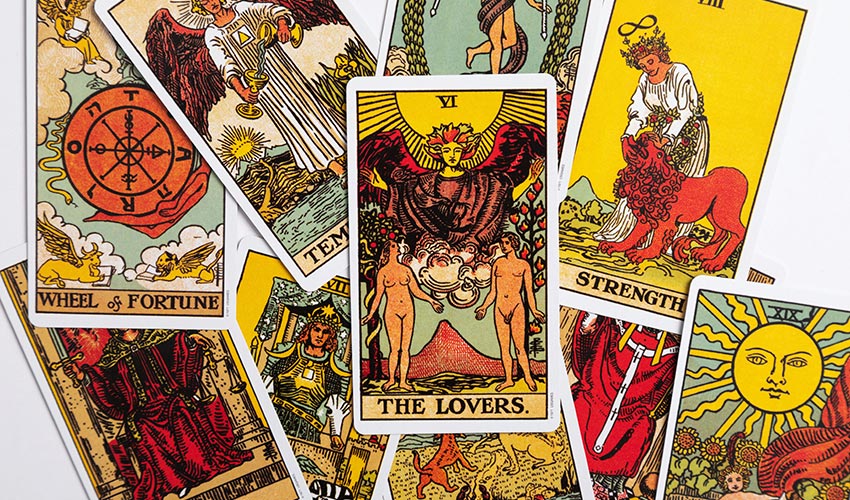
Tradition & History:
Tarot Cards: The Tarot has a long history, with roots dating back to the 15th century in Europe. Over time, it has become deeply embedded in various esoteric and mystical traditions, including the Hermetic Order of the Golden Dawn and modern Paganism.
Oracle Cards: Oracle decks do not have the same historical lineage as Tarot. They have evolved more recently, often drawing inspiration from a variety of spiritual and cultural sources. The lack of a standardised tradition allows for greater creativity and innovation in Oracle card designs.
Reading Techniques:
Tarot Cards: Tarot readings often involve specific spreads, each position representing different aspects of the question or situation. Readers may use reversed cards for additional nuance and depth.
Oracle Cards: Oracle readings can be more fluid, with readers adapting their techniques based on personal preferences. Spreads may be simpler, and reversed cards are not always used. The emphasis is often on intuition and direct, immediate guidance.
In summary, while both Oracle and Tarot cards share the common purpose of divination, they differ in structure, themes, tradition, and reading techniques. Oracle cards offer a more flexible and modern approach, allowing for a wide range of interpretations and personalisation, while Tarot cards come with a more structured and traditional framework.
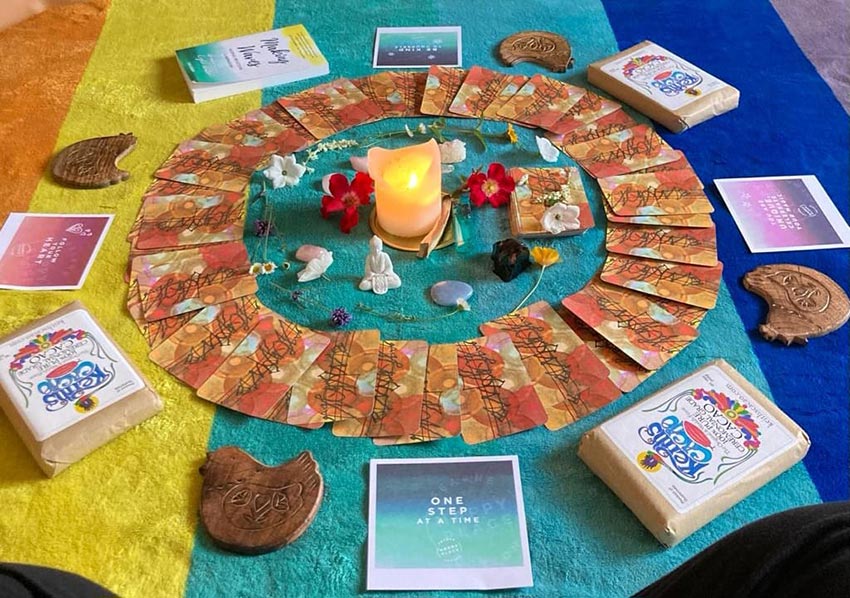
A Few of My Favourite Decks
I definitely have some recommendations. From someone who has been using decks for a little (maybe a tad more than ‘little’) over a decade now I’ve definitely seen a few! I love picking from other sisters/friends decks as well as it grants you the opportunity to play with other energetics and you get to see how you feel in response with the messages of the cards before committing to a deck; some decks can be quite pricey! So the decks I wouldn’t want to be without are:
- ANYthing by Alana Fairchild! I specifically have her Rumi Oracle deck, Earth Warriors Oracle deck and Kali Oracle deck. The writing that goes with each of these decks is a tribute to the pure Heart that Alana Fairchild works from; her words dance with my soul and light it up from the inside in a way I have never experienced before. /li>
- OSHO Zen Tarot – this is a beautifully gentle Tarot deck, which also comes with a separate book you can purchase which gives you much greater depth into each card; I use the book every time for deeper insight. The book is called “Tarot, in the spirit of Zen, The Game of Life” by Osho.
- Doreen Virtue has written beautiful books, and equally beautiful Angel Tarot and Oracle cards. I personally have her “Angel Tarot” cards (also written with Radleigh Valentine) and her “Angels Oracle” cards.
- Lily Ashwell – “Heavenly Bodies Astrology” deck. You do not need to know anything about Astrology to appreciate these magical, deeply personal deck of cards. They are so magnificently designed and so thoughtfully written, and even the packaging it comes in is thought about in great, fine detail. I don’t have favourites (because it’s frowned upon being a parent ????) but if I did, this would be in my top 2!
To conclude our journey, I just need to remind you that you DO NOT under any circumstances need either of these tools, Tarot or Oracle, in your life. However for those of us that are interested and they do resonate with, we must use our own discernment as to when we are relying too much on their messages or giving our power and intuitions away to the cards, using them for validation purposes, or as means as escapism (not to deal with something ourselves). There are points when most things may potentially cross that border of ‘healthy’ time spent with (like with everything, a good ‘balance’). So use them daily, weekly, monthly, sporadically (like me) or even not at all, there are no right or wrong ways for us as individuals, it’s just our own truth we must honour at all times. These are a ‘tool’ to aid us as much or as little as we feel we need. They are still an external means for answers that we seek, but reflecting on the cards beautiful content and meaning can and does provide great insight and contemplation. My personal advice is just to use them wisely, but of course, as and when you feel called to.
“Tarot cards are like any tool. It is neither good nor bad. What truly matters is how you use it” – C.Wong
“Tarot tells the truths we often don’t dare to tell ourselves” – Unknown





